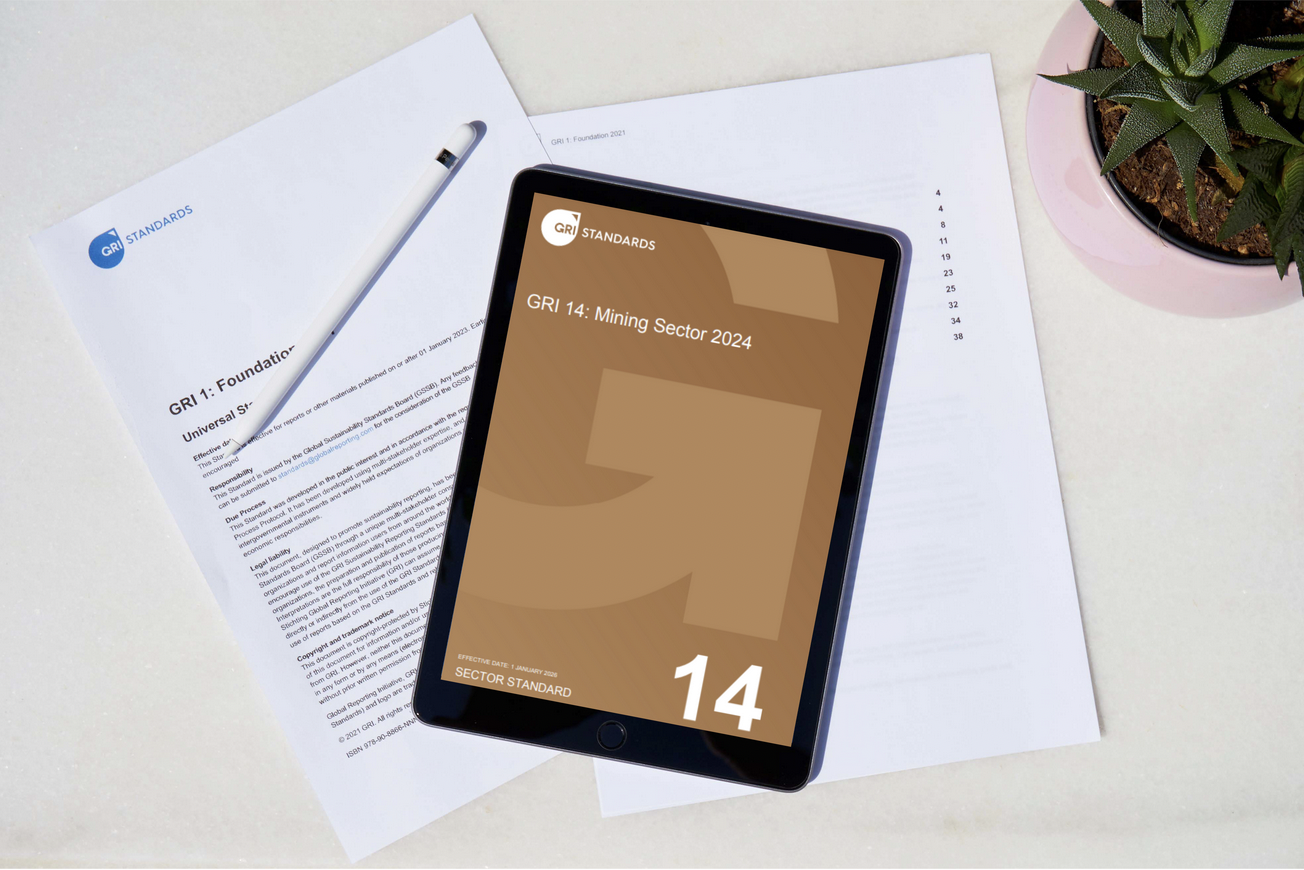Enabling improved reporting by sectors on biodiversity, climate change and energy
Published date: 15 May 2025

Consultation underway to ensure clarity and coherence across the GRI reporting system
To enable the integration of new and updated GRI Standards, consultation has begun on a suite of changes to ensure the content of GRI Sector Standards is effectively aligned with the latest Topic Standards.
This alignment covers all existing GRI Sector Standards: Oil and Gas (GRI 11), Coal (GRI 12), Agriculture, Aquaculture and Fishing (GRI 13), and Mining (GRI 14). The goal is to ensure that the disclosures and language used are consistent with those of the new Biodiversity Topic Standard (GRI 101), which launched last year, and the Climate Change (GRI 102) and Energy (GRI 103) Standards, scheduled for publication in June during London Climate Action Week.
A public comment period is open until 13 July, covering the following revised topics within the four Sector Standards:
-
- Biodiversity
- Natural ecosystem conversion
- GHG emissions
- Climate adaptation, resilience and transition
Changes resulting from the alignment exercise affect the list of likely material topics, topic statements and descriptions, and reporting expectations related to biodiversity, climate, and energy. Broader revisions of the Sector Standards, for example, to adapt them to new external instruments or evolving stakeholder expectations, are not in scope.
Stakeholders are encouraged to submit their comments on the relevance, completeness and clarity of the proposed changes in the Sector Standards’ exposure drafts via this online form.
Registration is also open for a global webinar, to take place at 2pm CEST on 27 May. For any additional questions about the consultation, stakeholders can refer to the FAQ.
The value of Sector Standards
GRI Sector Standards provide a fast-track for companies with shared common activities to report on the impacts that matter most in their sector.